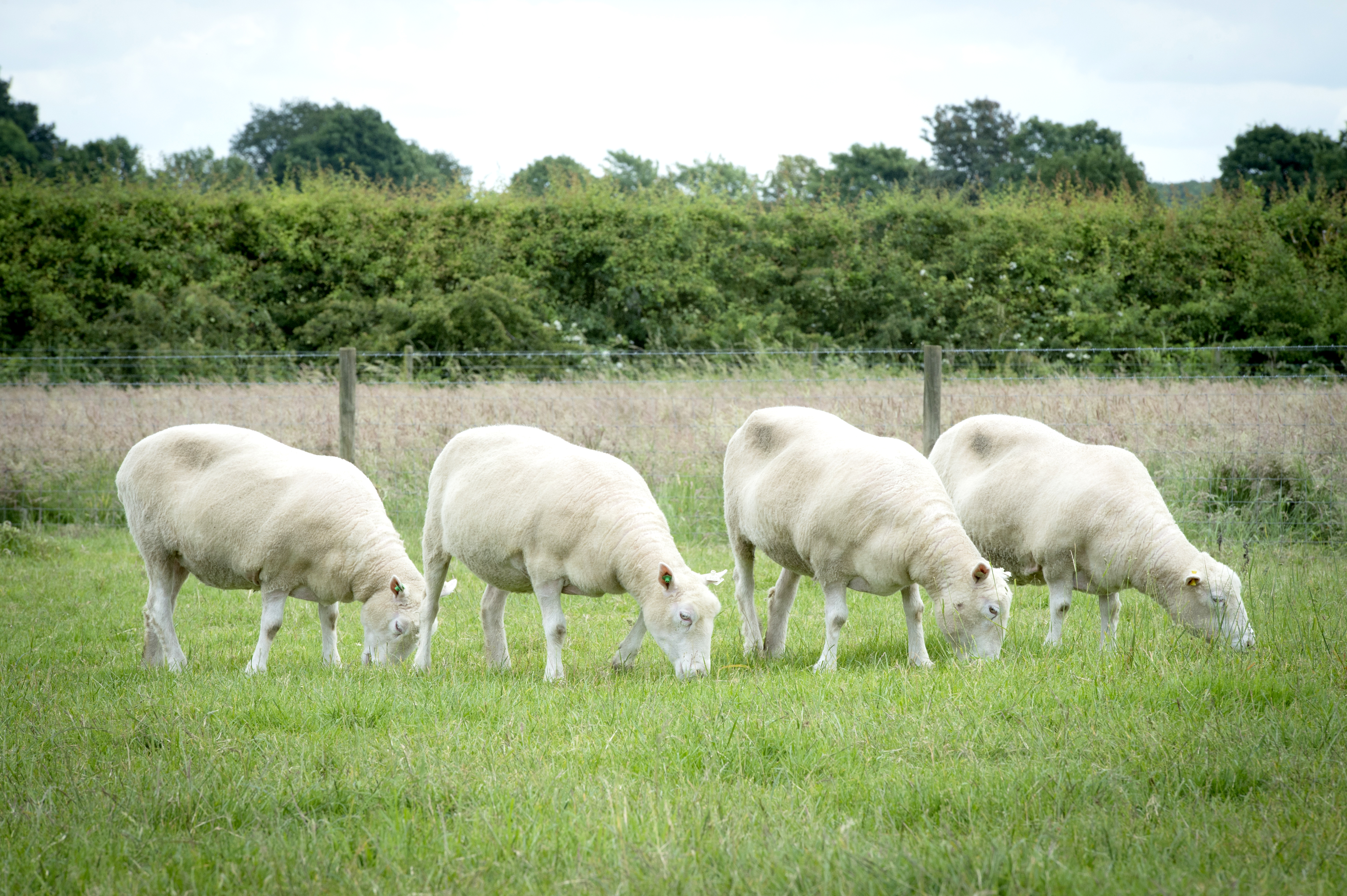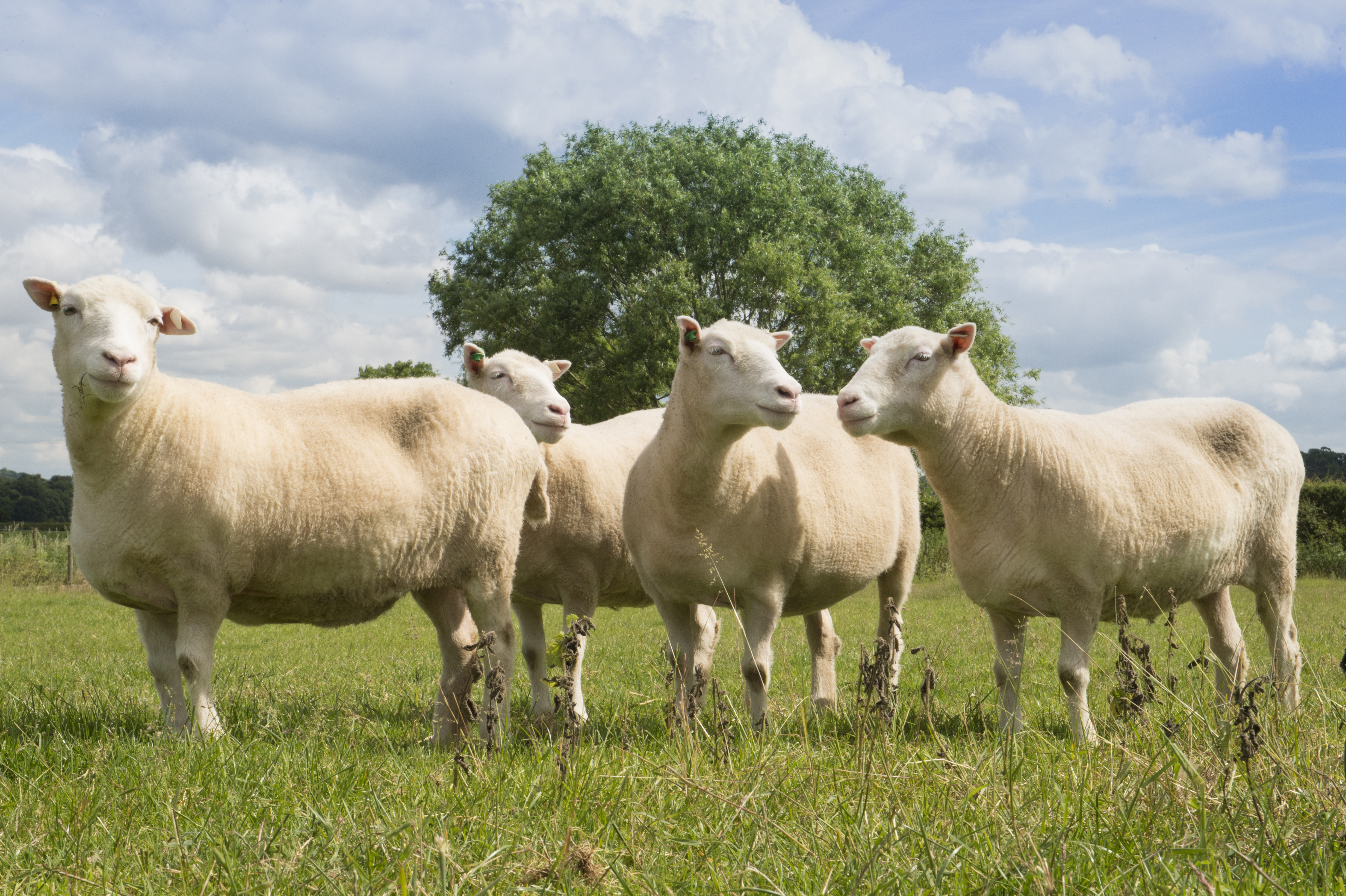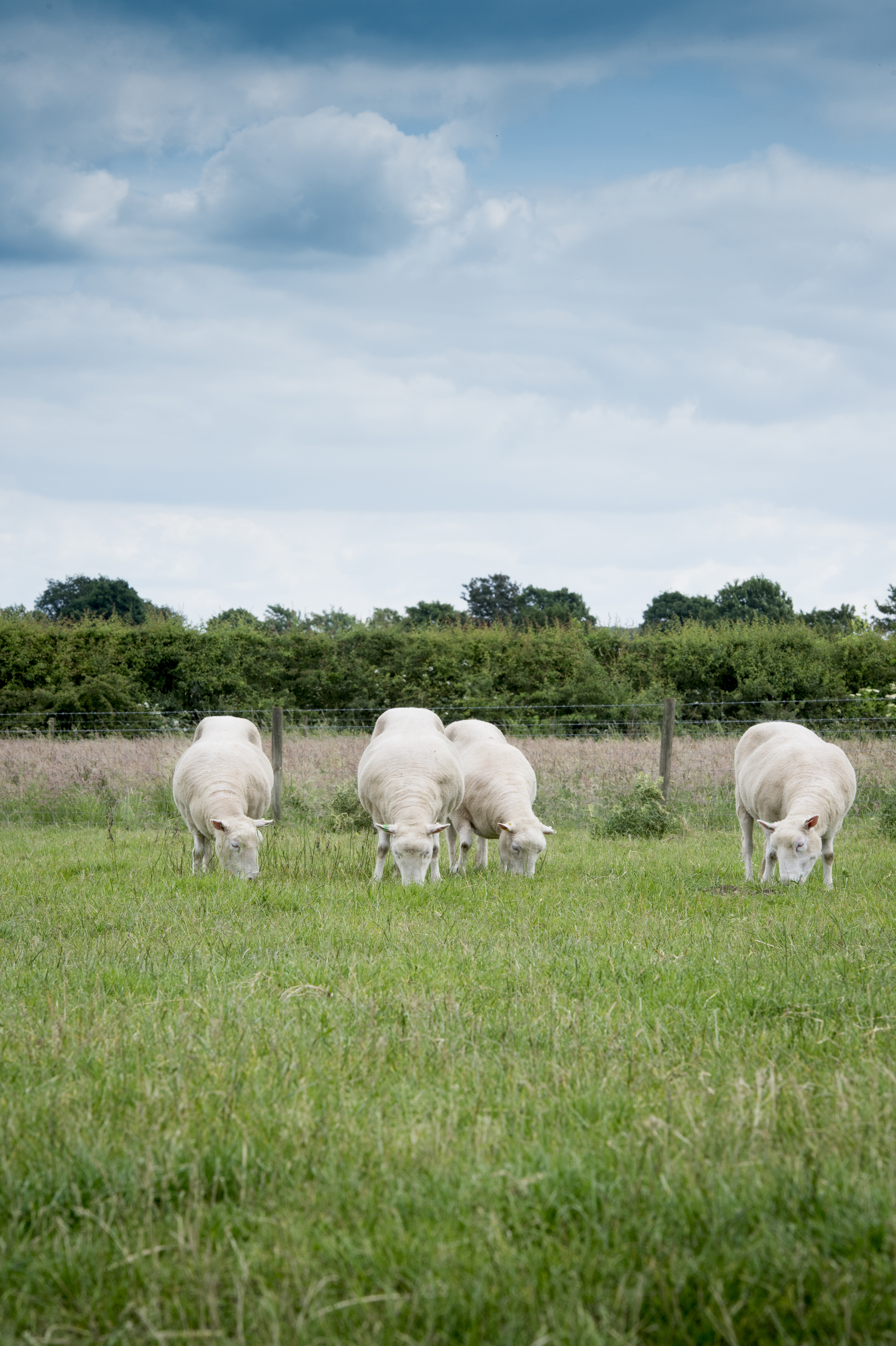Dolly the Sheep's Clone 'Sisters' Are Healthy in Old Age

Four cloned sheep that are genetically identical to Dolly, the first cloned mammal, are still healthy even in old age, a new study found.
The four sheep, which were derived from the same batch of cells as Dolly and could be considered her clone "sisters," have just reached their 9th birthday, which is equivalent to age 70 in human years, researchers who have been studying the sheep said.
A detailed study of these four sheep and nine other cloned sheep that are not related to "the Dollies" found that the animals were healthy. All of the sheep were free from many diseases commonly found in older sheep, such as diabetes and high blood pressure, the study showed.
The findings suggest that cloned animals that live to an old age aren't at increased risk for long-term health problems, the researchers said.
"Despite their advanced age … none of the clones showed any clinical signs of disease," the researchers at the University of Nottingham in England, wrote in the July 26 issue of the journal Nature Communications. [6 Extinct Animals That Could Be Brought Back to Life]
Dolly was born in 1996 as the result of a lab technique called somatic-cell nuclear transfer (SCNT), in which the nucleus from an adult cell is implanted into an egg cell that doesn't have a nucleus. This meant that Dolly was a clone, genetically identical to the adult sheep from which the cell nucleus came.
Dolly lived to be 6.5 years old and died in 2003 from a type of lung cancer that is caused by a virus and affects sheep. Before her death, Dolly developed arthritis at a relatively young age and had trouble walking. This caused concerns that clones might be at increased risk for age-related diseases. But until now, no detailed studies of age-related diseases in cloned animals had been conducted, the researchers said.
Get the world’s most fascinating discoveries delivered straight to your inbox.
In the new study, 13 cloned sheep underwent a series of health tests, including tests of their blood glucose levels, blood pressure, body fat composition and walking ability. The animals also underwent X-rays and MRIs to assess their bone and muscle health.
The test results were normal for the sheep's age. Some of the sheep had signs of mild arthritis, but this would be expected in older sheep, and none of the sheep needed treatment for the condition, the researchers said.
"From the current series of assessments, we conclude that there are no long-term detrimental health effects of cloning by SCNT for a long-lived species such as the sheep," the researchers said.
The cloning procedure itself comes with a high risk of death or developmental abnormalities in the fetus. But for the clones that survive, the new data suggests that "they are healthy and seem to age normally," the researchers said.
Original article on Live Science.

Rachael is a Live Science contributor, and was a former channel editor and senior writer for Live Science between 2010 and 2022. She has a master's degree in journalism from New York University's Science, Health and Environmental Reporting Program. She also holds a B.S. in molecular biology and an M.S. in biology from the University of California, San Diego. Her work has appeared in Scienceline, The Washington Post and Scientific American.




